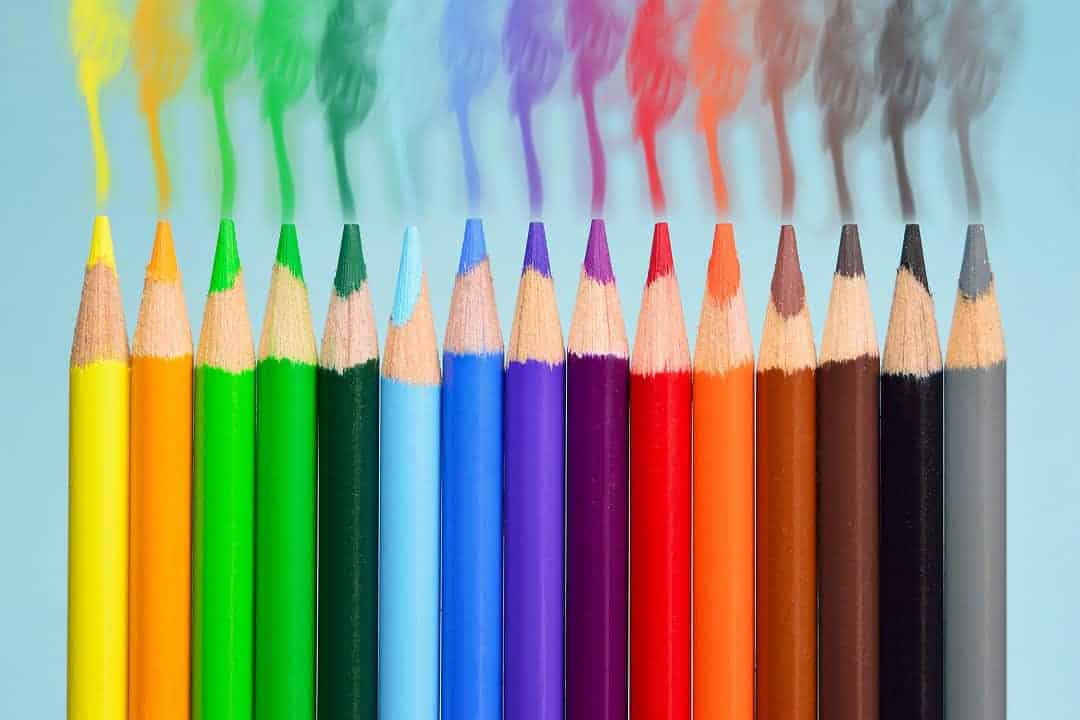We joke, let’s not get high. Rather, let’s talk about getting high (just as fun, right?)
Smoking is haraam (forbidden), alcohol is haraam, drugs are haraam, addictions are just as haraam but apparently shisha is okay depending on what opinion you follow, it’s also okay to smoke based on a few things – and blah blah blah. If you’re addicted to something, don’t leave – we are not going to bash you, so don’t get put off. In fact, we need you here, so stay put (please).
Let’s clarify a few things. There is a difference between substance abuse/dependence and an addiction. We’re not going to whack out the DSM (Diagnostic and Statistical Manual – whatever the latest edition is at the moment) because that would take a very long time, so here’s a quick breakdown:
- Substance Abuse – this may eventually lead to an addiction, but abuse encompasses any use of illicit substances or inappropriate use of medication e.g. taking larger doses than prescribed. This type of abuse may not have a pattern of behaviour and may not affect the individual’s life entirely, but that doesn’t mean this is something to be ignored as it can often escalate and turn into a full blown addiction.
- Addiction – some accounts result from drug abuse, and it is the repeated stimulus on the reward centre of the brain as a result of the substance abuse that almost gives birth to the addiction. It becomes the most important thing to fulfil in one’s life and takes over almost everything that was once “normal”, physically, mentally, spiritually and socially. It’s a disease that infects every aspect of life. If not dealt with early enough, it can result in serious criminal activities (to feed the habit) and even death (overdose/suicide).
So what is the connection between drugs and mental health?
There is still a debate between whether drugs cause mental health issues, or mental health problems/trauma induce addictions, or whether individuals have genetic vulnerabilities, or if it is socially learned. Truth be told – we won’t go into that debate, because perhaps there is no wrong theory of how one becomes addicted, but we will discuss further the connection between drugs and mental health as there is ample evidence that prove the comorbidity between them. Here are a few facts:
- People who are addicted to drugs are twice as likely to suffer from mood and anxiety disorders and vice versa.
- In 2015 an estimated 43.4 million adults experienced some form of mental illness, and of these 8.1 million had a substance abuse disorder, and another mental health illness.
- Several studies have linked marijuana use to increased risk for psychiatric disorders such as psychosis, depression and anxiety.
- In 2014, 2655 deaths were a result of overdosing, whether intentional or unintentional is unknown.
So let’s take a step back now and think about all of this within our little Muslim bubble. We know, as a standard (as in the Qur’an & Sunnah), despite differences of opinions, that anything that intoxicates us is forbidden and are of Shaytaan’s work [5:90] and anything that harms our bodies (short term or long term) is classed as throwing ourselves into destruction [2:195]. So what does this mean for the Muslim community? Should we ignore the fact that this is becoming a rising concern and blacklist those who have come out and admitted their problems? Is there a different approach we should be taking?
Keep an eye out for next week where we will be discussing this further, but in the meantime – let us know your thoughts!




